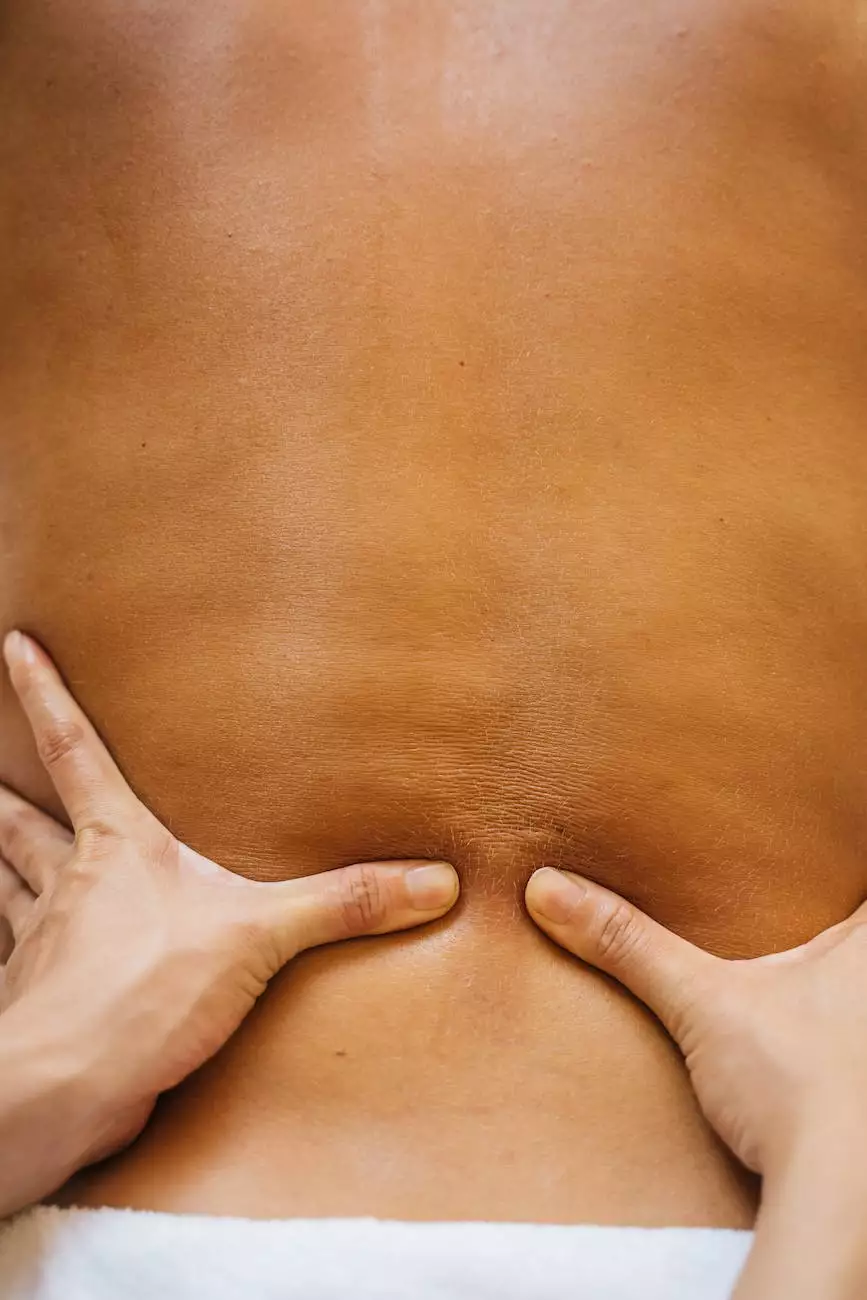About Skin Cancer
Skin Care
Understanding Skin Cancer
Skin cancer is a prevalent condition affecting millions of people worldwide. As a leading expert in skin cancer care, Smith, Arthur F, MD provides comprehensive information about skin cancer, its types, causes, symptoms, prevention, and treatment options.
The Types of Skin Cancer
There are several types of skin cancer, each with its own characteristics and risk factors. The most common types include:
- Basal Cell Carcinoma (BCC): BCC is the most common type of skin cancer, typically appearing in sun-exposed areas of the body such as the face and neck.
- Squamous Cell Carcinoma (SCC): SCC also primarily occurs in sun-exposed areas and can present as a firm, red nodule or a scaly, crusted lesion.
- Melanoma: Melanoma is the most aggressive type of skin cancer and can develop from existing moles or appear as new irregular spots on the skin.
Causes and Risk Factors
Excessive exposure to ultraviolet (UV) radiation from the sun or tanning beds is the primary cause of skin cancer. Other risk factors that contribute to its development include:
- Family history of skin cancer
- Fair skin, freckles, or light-colored hair
- Presence of precancerous skin lesions
- History of sunburns or intense sun exposure
- Suppressed immune system
Recognizing Skin Cancer Symptoms
Early detection of skin cancer is crucial for successful treatment. Be vigilant and watch for the following symptoms:
- Changes in the size, shape, or color of existing moles
- Development of new spots, sores, or growths
- Itching, tenderness, or pain in a particular area
- Bleeding or oozing of a mole or lesion
- Irregular borders or uneven distribution of pigment
Prevention and Protection
Protecting your skin from harmful UV radiation can significantly reduce the risk of skin cancer. Here are some preventive measures you can take:
- Limit sun exposure: Seek shade and avoid direct sun exposure, especially during peak hours.
- Wear protective clothing: Cover your skin with UPF-rated clothing, wide-brimmed hats, and UV-blocking sunglasses.
- Apply sunscreen: Use a broad-spectrum sunscreen with an SPF of 30 or higher, and reapply every two hours or after swimming/sweating.
- Avoid tanning beds: Tanning beds emit harmful UV radiation and increase the risk of skin cancer.
- Perform regular skin self-exams: Check your skin thoroughly for any changes or suspicious spots.
Treatment Options
When diagnosed with skin cancer, seeking prompt treatment is essential to prevent progression and complications. Dr. Arthur F Smith offers various effective treatment options including:
- Surgical excision of cancerous lesions
- Mohs micrographic surgery for precise removal of skin cancer
- Topical medications for superficial skin cancers
- Cryotherapy to freeze and destroy abnormal skin cells
- Radiation therapy for targeted cancer treatment
- Immunotherapy to stimulate the body's immune system
Contact Smith, Arthur F, MD for Skin Cancer Care
For expert care and comprehensive treatment of skin cancer, trust Smith, Arthur F, MD - a renowned specialist dedicated to providing the highest quality care. Contact our office today to schedule a consultation and learn more about our skin cancer services.




